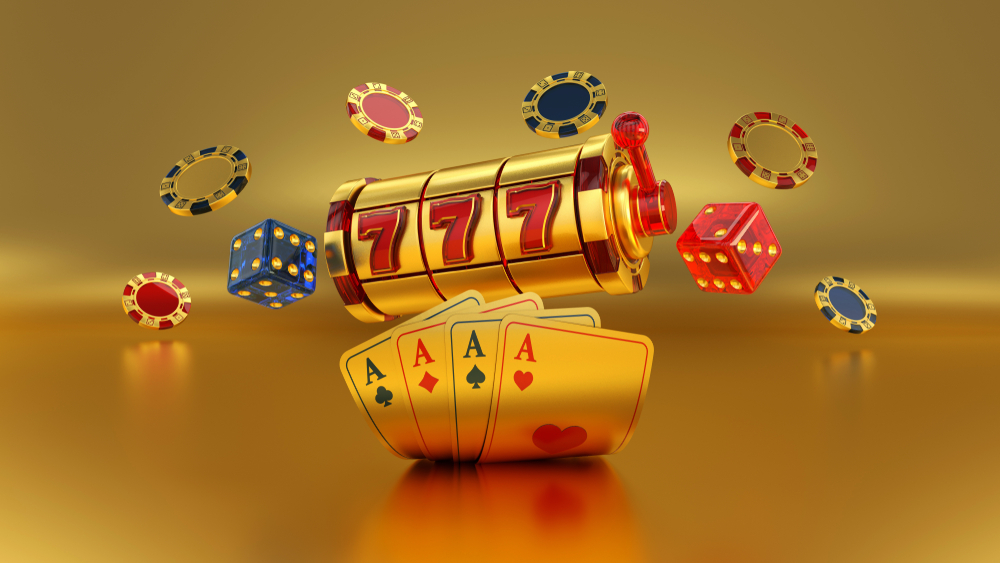
Are you intrigued by the world of gambling? Curious about what drives individuals to participate in this thrilling activity that comes with significant risks? In this article, we delve into the fascinating topic of the psychology of gambling, exploring the factors that captivate and challenge millions of gamblers worldwide.
The Allure of the Unknown
One of the fundamental concepts that draws people to gambling is the allure of the unknown. The human brain craves novelty and unpredictability, and gambling offers an exciting blend of both. The mere prospect of winning a substantial sum of money adds an air of anticipation and excitement, making each play a thrilling adventure.
Moreover, gambling taps into our primal instincts by triggering the brain’s reward center. The dopamine rush experienced when we win fuels our desire to continue, and even the potential of winning can give us a boost of pleasure. This neurological response is what makes gambling such an enticing activity for many.
The Psychology Behind Risk-Taking
Another captivating aspect of gambling lies in the psychology behind risk-taking. Humans are inherently wired to take risks – it has been crucial for our survival as a species. Gambling provides a controlled environment to embrace and explore these risk-taking tendencies, fulfilling our innate desire for excitement and adventure.
For some, the thrill of gambling becomes addictive, as it taps into the same reward pathways in the brain as drugs or alcohol. The anticipation of a win triggers a surge of adrenaline, heightening our senses and creating an addictive rush. Understanding these psychological factors can help explain why some individuals may find it difficult to resist the allure of gambling.
The Impact of Near Misses
Have you ever experienced a near miss while gambling? Those tantalizing moments where you were just one card away from a jackpot or a single number short of a huge win? Near misses have a profound psychological impact on our brains, often leading to increased arousal and prolonged engagement in gambling activities.
Research suggests that near misses trigger the brain’s reward system, reinforcing the belief that a win is just within reach. It leads us to think that our luck may change with the next bet, trapping us in a cycle of irrational optimism. This phenomenon, known as “the gambler’s fallacy,” can keep individuals hooked on gambling, despite the odds being stacked against them.
The Role of Cognitive Biases
Cognitive biases play a significant role in the psychology of gambling. These mental shortcuts can influence our decision-making and lead to irrational behavior. One example is the “illusion of control,” where gamblers believe they have control over an outcome that relies purely on chance.
Another common cognitive bias is “confirmation bias,” where individuals seek out information that supports their existing beliefs and discount contradictory evidence. In a gambling context, this bias leads individuals to remember their wins more vividly than their losses, further fueling their desire to gamble.
A Balancing Act: Enjoyment vs. Addiction
While engaging in gambling can be thrilling and enjoyable, it’s important to be mindful of the potential risks. For some individuals, gambling can lead to addiction, causing significant financial and emotional harm. Recognizing the signs of problematic gambling behavior is crucial in maintaining a healthy relationship with this activity.
If you suspect that you or someone you know may be struggling with gambling addiction, seeking professional help is vital. Many resources and support networks are available to assist those facing this challenge.
In conclusion, the psychology of gambling is a complex and multifaceted topic. It combines aspects like the allure of the unknown, the innate desire for risk-taking, the impact of near misses, and the presence of cognitive biases. Understanding these psychological factors can help individuals make informed decisions about their gambling habits and find the right balance between thrills and responsible play.































